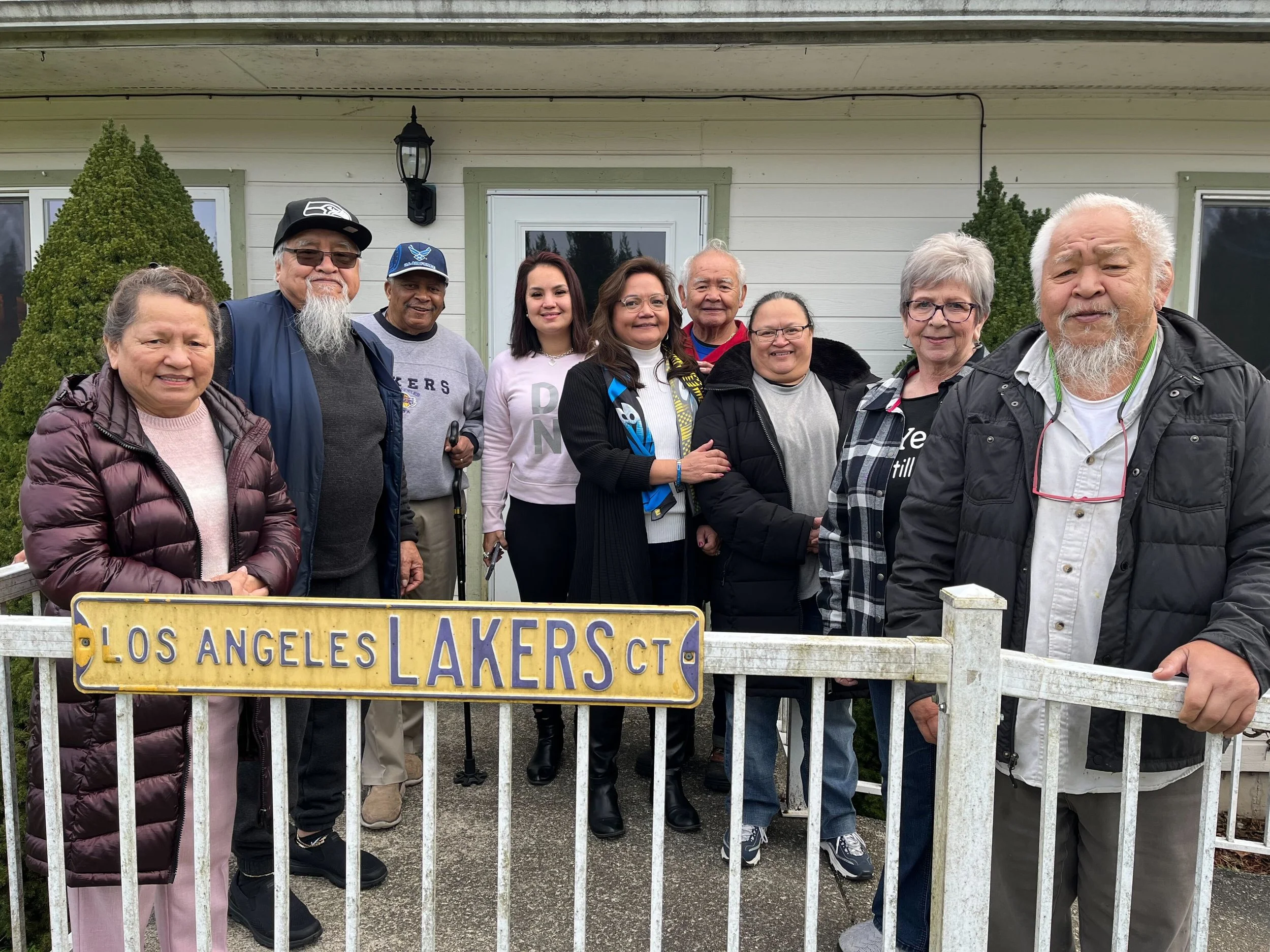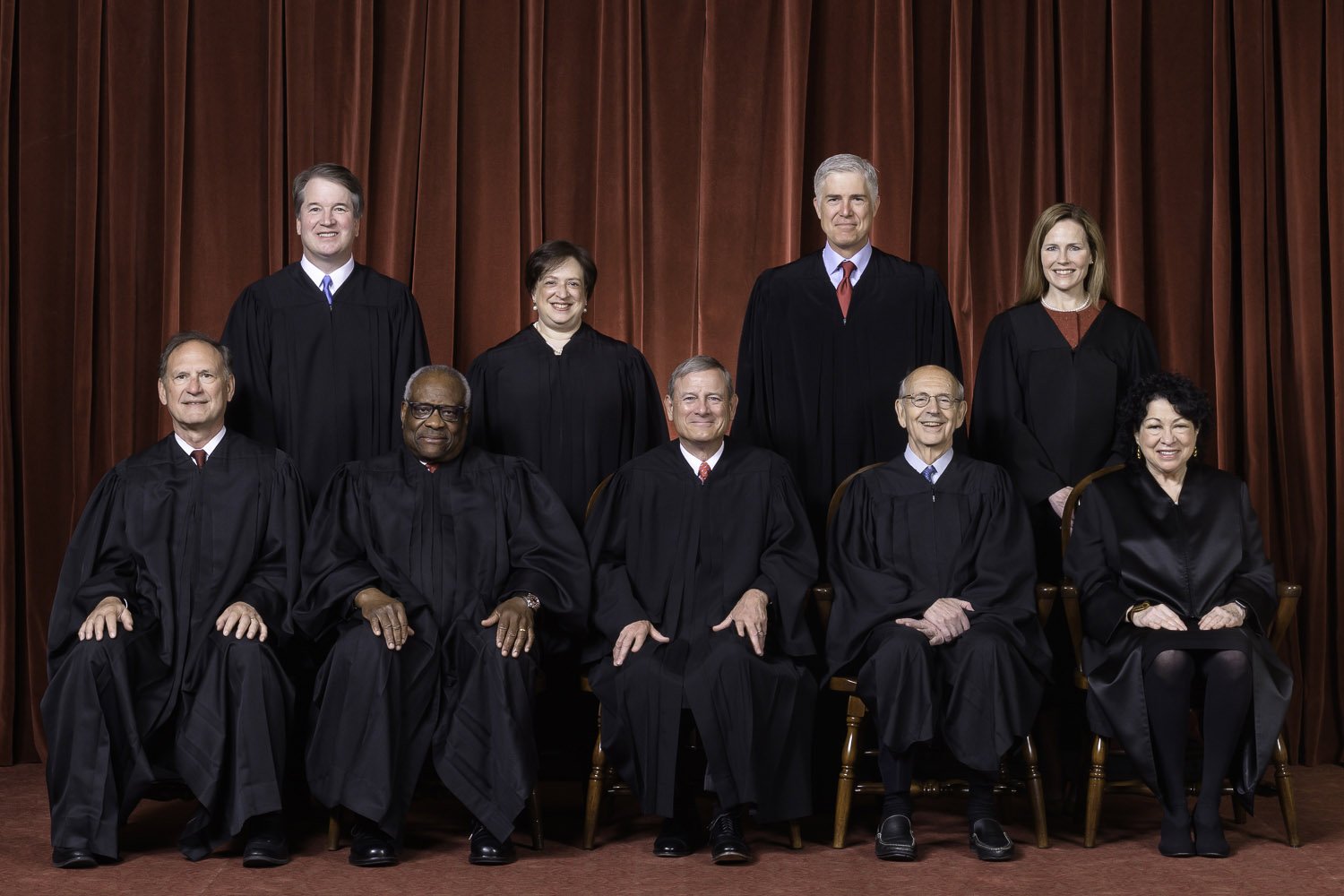As HUD reported in 2019, the unique circumstances of Indian country—“remoteness, lack of infrastructure, and complex legal and other constraints related to land ownership”—make home ownership very difficult. With Indigenous home ownership rates drastically below national averages, the federal government has endeavored to help bring home buyership opportunities to Indian country.
In 2001, Congress amended the federal Low Income Housing Tax Credit (LIHTC) provision of the Internal Revenue Code (Section 42) to make it an eventual home ownership program. In the years that followed, the promise of home ownership was extended to tribal members throughout Indian country.
Through the IRS and state housing finance agencies, competitive and lucrative federal income tax credits have been granted to investors like Florida's Raymond James. In exchange, tax credit investors—which hold title to the tribal LIHTC homes during a 15-30 year tax credit compliance period—are supposed to develop rent-to-own “transfer plans” for tribal homebuyers.
The tax credit investors are also supposed to make equity reserve account payments for tribal members renting to own the homes. After a home is in the LIHTC program for at lest 15 years, those monies are supposed to be applied as equity towards the home, allowing a tenant-homebuyer to receive a deed to the home and achieve the American dream of home ownership.
But two decades later, the promise of tribal member LIHTC home ownership has not been widely, if at all, realized in Indian country.
Take Nooksack, for example, where starting in 2006 Raymond James acquired the tax credits for at least three LIHTC projects predicated upon eventual tribal member home ownership.
The Washington State Housing Finance Commission (WSHFC)—formed by the State Legislature in 1983 to catalyze low income housing opportunity in rural Washington—awarded highly competitive and lucrative LIHTCs for each Nooksack low income housing project. Each award of tax credits was specifically based on a 15-year home ownership promise.
For the Nooksack LIHTC homes in rural Whatcom County, though, no home ownership “transfer plan” was ever created by the Tribe or Raymond James, or subject to compliance monitoring or regulatory enforcement by WSHFC. According to news reporter Chris Aadland:
When the housing units were built, the intent was to sell them to tenants ‘in good standing’ after 15 years, said [WSHFC] spokeswoman Margret Graham. But a rent-to-own plan was never finalized, she said.
State law obligates WSHFC to impose a transfer plan and monitor its progress every five years, but the agency never did its job.
Seven low income households at Nooksack now face eviction from their homes without due process or just compensation, as reported by Crosscut. As Luna Reyna explains:
By 2021, most of the seven LIHTC homes had been in the program at least 15 years, some much longer, yet none of the heads of households received deeds to the homes.
WSHFC now confesses that it has not approved a single tribal home buyership plan in Washington state. Not one. That means tribal members are not getting deeds to homes, as Congress intended.
















